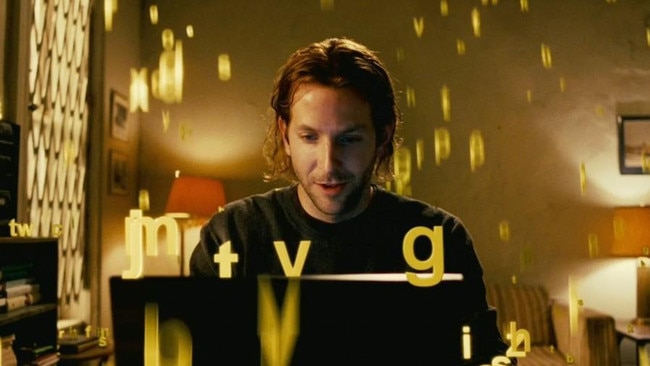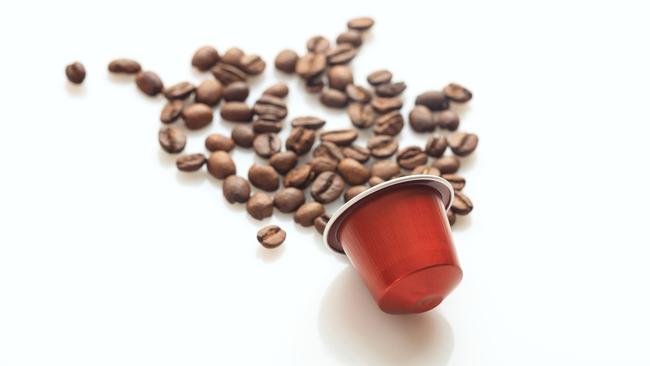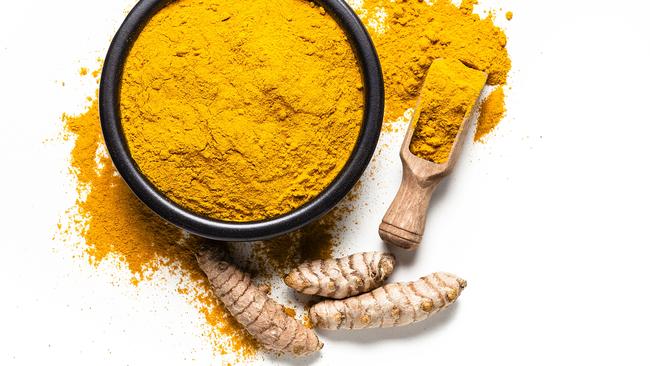Nootropics: Are ‘smart drugs’ worth the hype?
They promise to improve focus, memory and alertness, but what exactly are nootropics and can they make our brains work better?

It sounds like the stuff of science fiction; bio-hacking your brain with smart drugs to get a competitive mental edge.
But nootropics, a term given to a group of cognitive enhancing natural and synthetic medicines and herbs, have now gone mainstream, and if you’re one of the millions of Aussies who can’t function without a morning espresso, you’re already part of this emerging trend.
The hype around nootropics, which first began in Silicon Valley among tech entrepreneurs wanting to boost their brain power, is now a multi-billion dollar industry, with wellness companies rolling out supplements promising to give us a cognitive edge.
“The [Silicon Valley] biohackers are the ones who really drew attention to nootropics,” said Ryan Morgan, a psychologist specialising in neuro-performance. “Before then they were really used more with the Russian military and military individuals to improve their performance. But what you’re now finding is that anyone struggling with concentration or focus or memory and or sleep issues, anyone struggling with that, is looking for nootropics.”

Caroline Groth, 31, starts her morning with a combination of nootropic herbs and supplements, including Rhodiola rosea, Ginkgo biloba and white peony.
The Bondi-based health coach has been taking them regularly for about six months and credited them with helping to reduce feelings of brain fog and apathy, which she has felt more acutely since the pandemic began.
“It’s like when you get a buzz when you have a coffee,” she said of the herbal combination. “But it’s not like the same spike you get with a coffee; I just notice I have a steadier level of concentration and focus.
After taking a two-week break from the herbs when Sydney went into lockdown, Ms Groth said she noticed a decline in her mental energy.
“My brain fog returned, so I’m taking them again. You need to give it about 10-14 days before you’ll start to notice a difference, but it’s worth persevering.”
Con Stough, adjunct Professor of Cognitive Neuroscience and Psychology at Swinburne University of Technology, said nootropics can be classified as either acute, or chronic.
Acute nootropics, which can have a fast and sometimes immediate effect, include caffeine, nicotine, amphetamines, psychostimulants such as Modafinil and drugs such as methylphenidate, sold under the brand name Ritalin.

At the other end of the spectrum, herbs such as Bacopa monnieri, Rhodiola rosea and Ginkgo biloba are considered chronic nootropics, which are slower acting and may exert benefits such as reducing inflammation and oxidative damage.
“Both Bacopa and curcumin seem to have strong anti-inflammatory properties, and that could be the way in which they’re improving cognitive health over a period of time,” Professor Stough said.
But while it might be tempting to start experimenting with nootropics, Mr. Morgan, who works with medical supplementation service BIOV8, said even herbal supplements needed to be taken with caution.
“You should really be talking to a healthcare provider when you’re working with supplements, because they can interact with certain medications,” he explained.
“They can effect blood pressure and can even interact with enzymes and the way medications are broken down and metabolised in the liver,” he said, adding that anyone on anti-epileptic drugs, antidepressants or antihypertensive medications needed to practice extra caution.
It was also important not to take too much of a single nootropic, particularly those which altered levels of neurotransmitters such as serotonin.
“For example, L-theanine is a commonly used extract, it’s a precursor to serotonin and melatonin, but if you take L-theanine by itself ongoing, you can start to create issues with other neurotransmitters down the line.”
Professor Stough, principal at Metavate Consulting who recently completed a long-term randomised controlled trial on the effects of Pycnogenol and Bacopa monnieri on the cognitive functioning in elderly people, said while certain supplements may help to improve cognition, lifestyle factors such as getting enough sleep, eating well and even having a strong social network may be the most powerful brain boosters of all.
“Something like sleep could be even more important than taking a nootropic for cognition,” he said.
“If we don’t get enough sleep, it can be a really big issue acutely and also chronically. Sleep, exercise, nutrition and even things like depression can impact our cognitive ability, so having a good social network, developing relationships; those non-cognitive things can have a big part to play.”
Brain-boosting nootropics:
Caffeine
“Caffeine is a nootropic, but there is an aspect there of caffeine withdrawal,” Professor Stough said. He added that while withdrawal reduces our cognitive performance, there is a component which may increase performance independent of withdrawal.
Panax ginseng
A widely used herb in traditional Chinese medicine, research into the health benefits of Panax ginseng have shown its compounds protect against neuroinflammation and cell death, improve mitochondrial dysfunction and improve mental performance.
Ginkgo biloba
The leaves from this ancient tree species are known for their memory enhancing abilities, with some studies showing it may improve blood flow to the brain and enhance memory and cognitive speed.

Bacopa monnieri
Studies have shown the ayurvedic herb Bacopa may be beneficial for Alzheimer’s, ADHD and schizophrenia as well as reducing neuroinflammation.
Pycnogenol
A plant-based extract derived from French maritime pine bark, pycnogenol has been shown in studies to improve cognitive function and mental performance and reduce levels of oxidative stress.
Turmeric (curcumin)
One of the more extensively studied compounds, curcumin, found in turmeric, has shown to exhibit strong anti-inflammatory effects. In a 2015 study by Cox KH et al, the working memory, alertness and mood was “significantly better” after taking 400mg of curcumin over a four-week period.



To join the conversation, please log in. Don't have an account? Register
Join the conversation, you are commenting as Logout